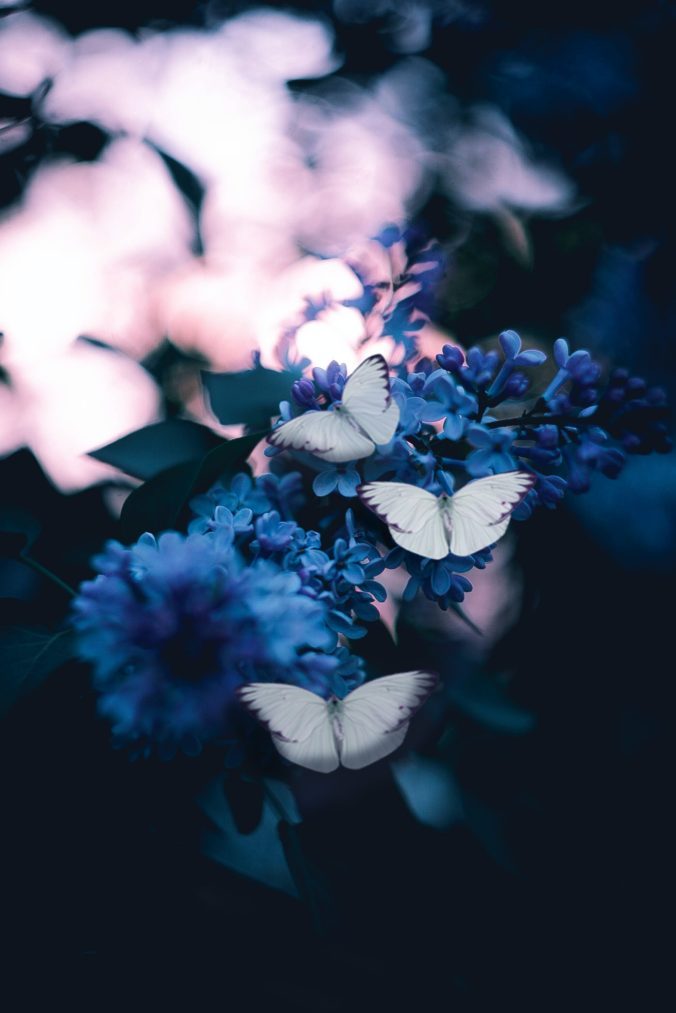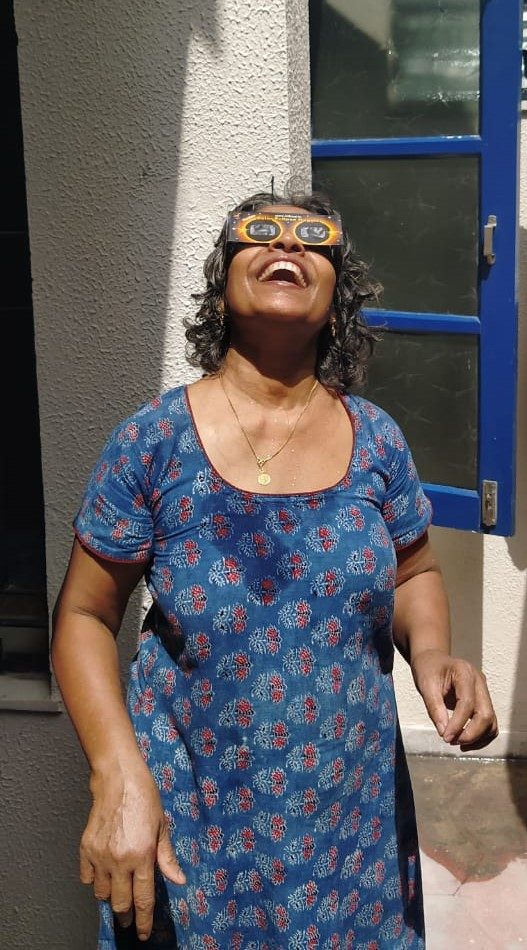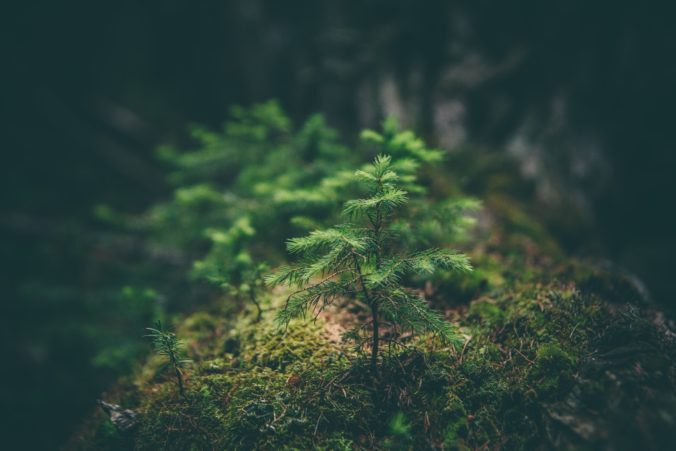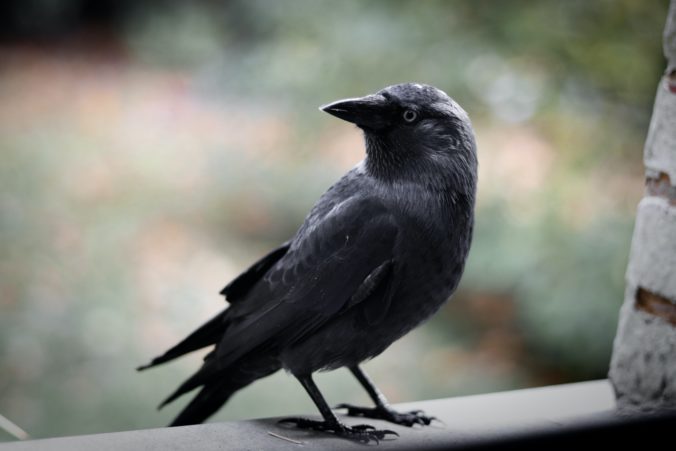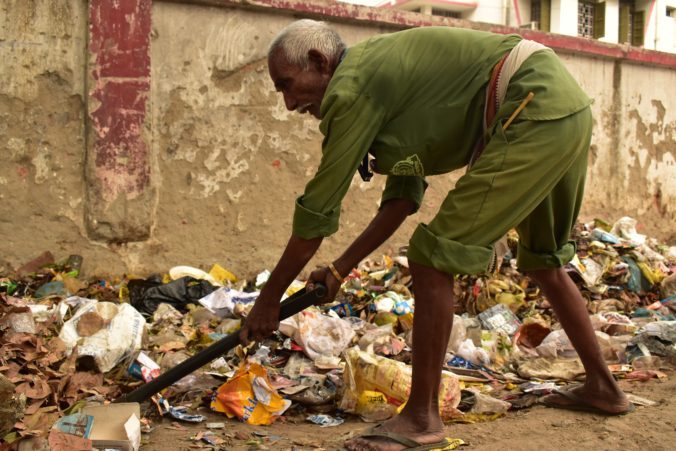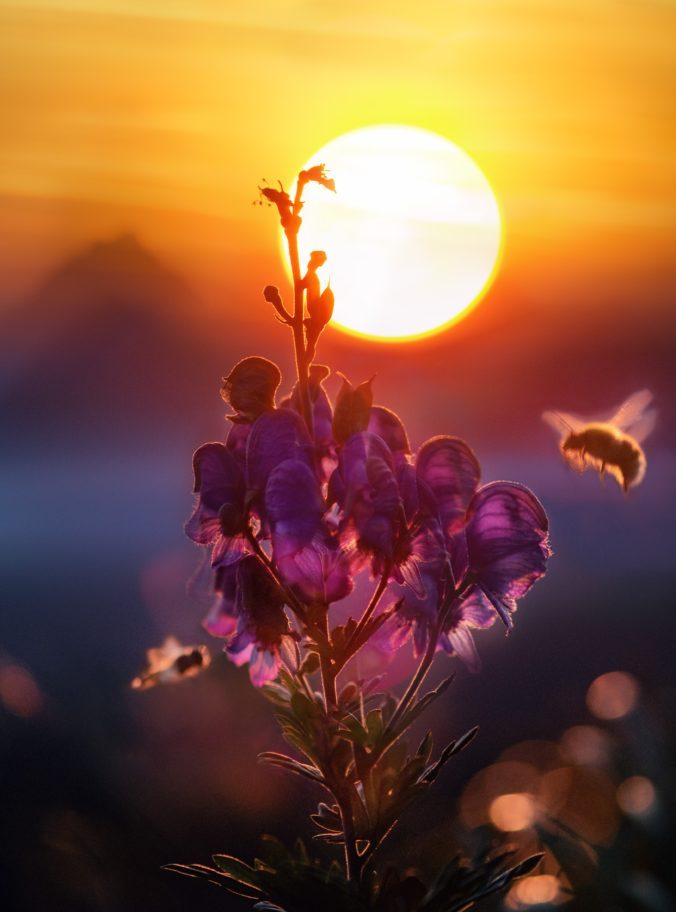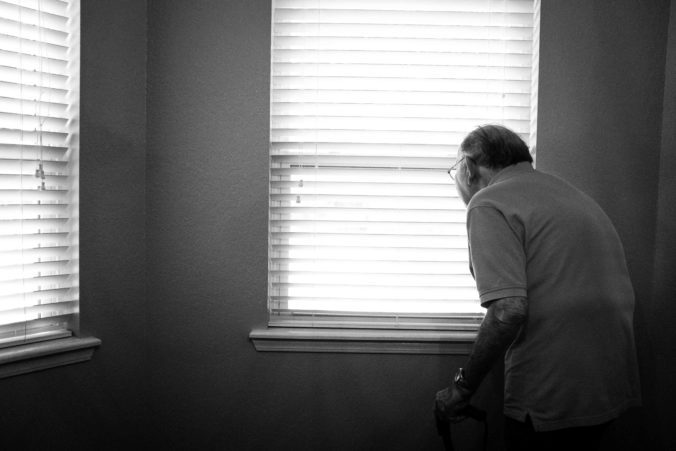The rousing beat of the temple kettle drum awakened the village out of its afternoon siesta. Shantu, the elderly weatherman of the village could hardly contain his excitement. Standing high on the temple square, he summoned the villagers and announced,
‘Listen up my fellow villagers!
The days of suffering are finally going to end. Count this as the last day of summer, for I predict that we will get the first spell of rain tonight.’
The crowd cheered in celebration. Shantu had seen the most monsoons in the whole village, and people trusted the accuracy of his intuition.
The women were especially happy. It cost them two blisters a day to walk up to the pond in the village nearby to fetch water. Soon, the pond in their own village will have water, saving them time and effort. The kids rejoiced at the idea of showering in the rain to their heart’s content. The seedlings of rice in the earth too waited eagerly for the first spell. Startled birds expressed their surprise for the celebration of belated news. Only if humans had instincts as honed as theirs!
Amid the celebration, Shantu’s granddaughter Gauri walked up the temple stairs hurriedly. Her pet dog Kalu followed her as usual. As she heaved herself up to the top flight, she asked Shantu,
‘Daddu, Daddu, can I go to the pond to fetch water today? I’ll go with the other village women. Please, please…’ she wheedled.
‘You little child. You are 8 years old. You’ll break you delicate neck with a huge potful of water on your head,’ he said patting her head.
‘I will take the smaller pot. I can carry that.
Please let me go.’
‘Did you ask your Amma?’
‘No, she will refuse for sure. But if you grant me permission, she will let me go with everyone else.’
‘Okay, but Kalu must go with you. For your protection, okay?’ Shantu asked lovingly.
‘Yes, there is no way he can stay without me. He will follow me!’
‘Okay, go and come back safely.’
‘Really! I can go?’
‘Yes. And here, take this mango. Enjoy it on the way.’
Gauri pocketed the ripe mango and raced down the temple stairs. She headed straight to her little hut nearby.
She took a small earthen pot and followed the village women headed to the pond for the evening shift of fetching water.
This would mark her first excursion out of the village. She was jubilant.
Kalu sniffed the way forward as Gauri’s little footsteps tried to keep pace with the women who were growing smaller in size every time she tried to spot them.
‘Aye, Kalu, wait for me,’ she hollered as Kalu paced away on the path. He must also know of the impending rain, like the birds.
She met a village lady who was on her way back to the village. Effortlessly balancing two pots of water on her head, she walked gracefully through the sun-baked road.
On spotting little Gauri near the pond, she asked,
‘Aye, Gauri, what are you doing here?’
‘I’ve come to fetch water with Kalu,’ she said with an eye out for her beloved pet.
‘Go and play in the village little girl. You are too small to make this shift.’
‘ I want to help Amma in the household now.’
‘Does she know you’re here?’
‘Maybe, I told Daddu…He knows.’
‘Okay, go quickly. The pond is right beyond that bend you see behind the Banyan tree.’
‘Yes, yes… ‘ she said and rushed to keep pace with Kalu.
‘Kalu, wait for me….’
She reached the pond to find a few village women filling up their pots. One of them helped her fill her little pot as Kalu slurped away from a puddle nearby.
One of the ladies said,
‘Don’t carry the pot on your head. It is heavy. Carry it on your hip…Like this’ she gestured.
With a little help from the women, she balanced the pot on her hip and started her journey back to the village.
She measured the distance back to her village with her tiny steps…
‘Ek…Do…Teen…Chaar…’
She ran out of numbers within a minute. On the way, she started to feel a bit hungry.
She tried reaching the Mango her Daddu had given her from the pocket of her skirt while balancing the pot on her hip.
But just as soon as she managed to pull out the mango, she lost grip on the pot and it came crashing down at her feet.
The pot was shattered. All the water in Gauri’s eyes poured out.
‘What will Amma think of me for breaking this pot?’ she wondered amid snuffles.
She felt a heaviness on her head, as if she was carrying a hundred pots.
She sat right by the broken pot, with Kalu licking her face of tears.
‘Do you want to have Mango, Kalu?’
Kalu never refused food.
The best friends shared the fragrant mango while coming to terms with the loss.
The mango helped her relax. Meanwhile, the weather had begun to change, just as her Daddu had predicted.
She stared at the wet patch of earth where the water from the pot had soaked in.
‘What will Amma say?’ she wondered.
Back at the village, Shantu had begun to get worried about Gauri. Most women had made their way back from the trip.
Shantu was as afraid as little Gauri now.
‘What will Amma say?’ he wondered.
With his walking stick in his hand, Shantu started walking briskly towards the pond.
The gathering clouds had painted the path all around in a gloomy light. For the first time in years, Shantu found himself running. He raced towards the pond in search of Gauri.
From a distance, he could hear Kalu howling back at the low rumble in the sky. He felt a bit relieved. Within moments, he saw the emerald of his eye and heaved a sigh of relief.
‘Gauri…Chalo.. Let’s go home!’
‘Daddu..!’ she cried out.
Shantu saw the broken pot and understood the whole story.
Gauri had mud all over her hands and Kalu had mango pulp stains on his face.
Shantu wiped Gauri’s tears. She held his hands and began to walk towards the village.
Kalu led the way, barking at the sky.
‘Gauri, don’t worry about Amma scolding you, okay?’
‘Hmmm…’ she whimpered.
‘Did you enjoy the Mango?’
She nodded.
‘Why did it take you so long to head back home?’
‘ I was digging a small pit Daddu…right where the water had soaked into the earth. Kalu helped me too.’
‘Accha? Why so?’
‘I buried the mango seed there.’
Her Daddu slowed down his pace a bit.
He turned to look into her eyes.
‘How could I let the water go to waste, Daddu?’
Her eyes were pure as love. Shantu had never felt more proud of his little granddaughter.
He hoisted her up and sat her on his shoulder. That was her favourite ride. Slowly, they headed towards their village.
Soon, it began to drizzle. Gauri smiled. Kalu howled in joy.
‘Daddu, the Mango seed will grow, right?’
Thunder roared in the sky. It was a resounding answer from heaven.
And every little raindrop said,
‘Yes, it will.’

